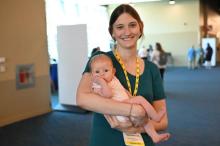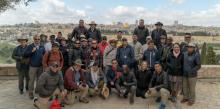Editorial by Rob Gettys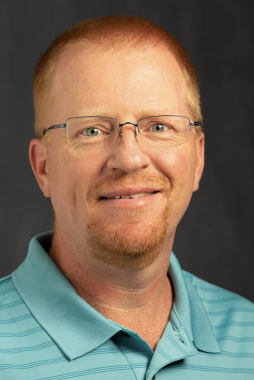
This world is not our home. Most of us understand this biblical principle found in Hebrews 13:14 that encourages us to keep our sights set on the kingdom of heaven. The question we face is, “How do we properly maintain a balance between this principle and the message in Luke 19:13 that tells us to ‘occupy’ or ‘do business’ until He comes?”
These two biblical principles seem to contradict each other. However, as we look closer, I believe we will realize that it comes down to how we choose to live the lives that God has so generously given to us.


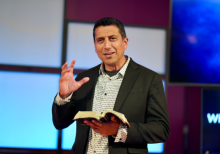

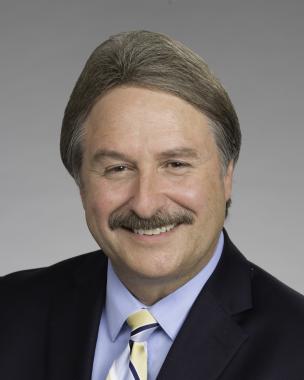 Editorial by Jerry Lutz
Editorial by Jerry Lutz